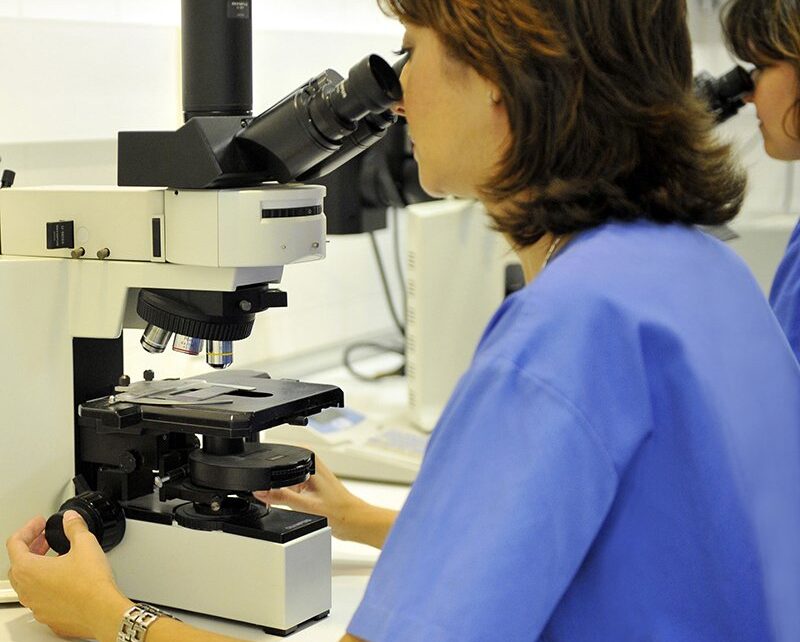We have carried out research to ascertain whether the father´s age affects embryonic genetics. Oral presentation for SEF 2016.
05-05-2016

It is well known that in assisted reproduction treatment the presence of chromosomal abnormalities (aneuploidy) in embryos is relatively high, and that these disorders are mainly related to maternal age. However, as far as paternal age is concerned, there tends to be controversy between authors of the scarce work that has been published to date in this regard.
Thus, we at the Instituto Bernabeu Biotech have conducted a study with the aim of assessing whether the man´s age increases the occurrence of aneuploidy, both in the spermatozoids and the embryos generated from these.
At the next SEF congress, which will be held in Malaga between May 19th and the 21st, the results obtained from this research work will be expounded in an oral presentation, whichshow that there are no significant differences between paternal age and sperm aneuploidy. However, a trend was found in which males over the age of 50, presented a higher incidence of sperm aneuploidy. Nor were significant differences found with regard to chromosomal abnormalities in embryos related to paternal age.
To sum up and based on our data, we can say that paternal age is not related to the incidence of sperm or embryonic aneuploidy.
THE RELATIONSHIP BETWEEN PATERNAL AGE AND SPERM AND EMBRYONIC ANEUPLOIDY. A. Fabregat, J.A. Ortiz, B. Lledó, R. Morales, E. García-Hernandez, A. Rodriguez, J. Ll. Aparicio, R. Bernabeu.
